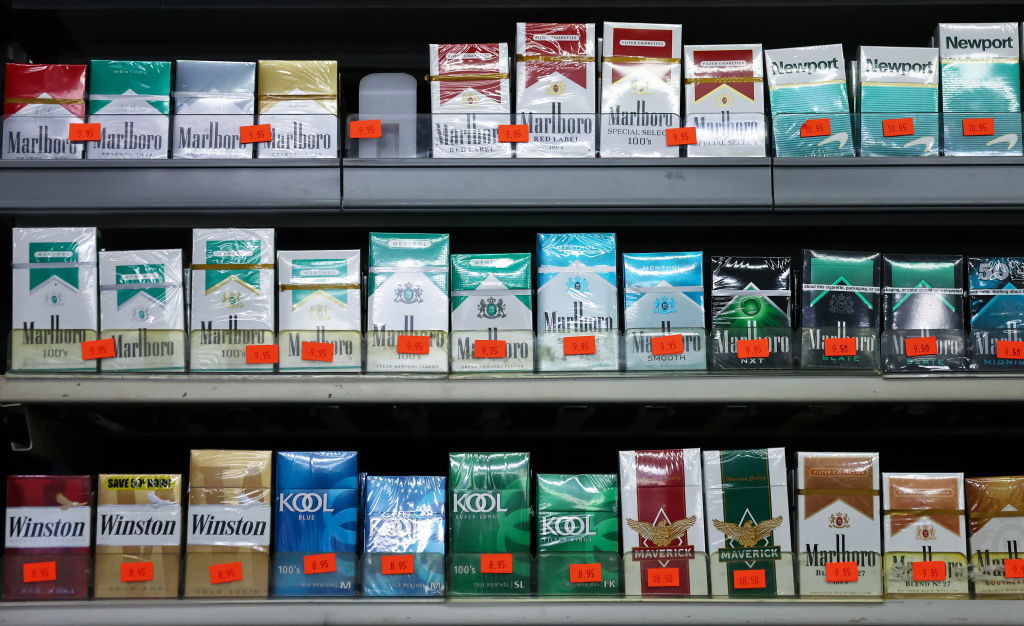
November 28, 2023
Health Orgs Push Support Groups For Black Menthol Smokers
Health organizations are spreading awareness to Black menthol smokers that vast resources and support groups are available to help them quit.
With Black menthol smokers disproportionately impacted by the highly addictive drug, health organizations are advocating for support group awareness for potential quitters.
While the nation awaits further legislation from the Biden administration to ban menthol cigarettes and flavored cigars, health advocacy groups are noting that Black smokers are the most at risk. The majority of Black smokers use menthol products, as 41% of menthol cigarette-induced deaths from 1981 to 2018 were of Black individuals, according to a statistic revealed by the Campaign for Tobacco-Free Kids.
Nicotine, in conjunction with the “cooling” mint flavoring, can create a sensation that is highly appealing to users, who then can swiftly become addicted to the smoother inhalation. With tobacco companies historically targeting the Black community, in reports confirmed by the CDC, the damage must be remedied through communal and governmental support, especially in how treatment like nicotine patches and social groups is amplified.
“The important elements of engaging menthol tobacco users are sort of the context in which the intervention is delivered,” shared Amanda Graham, Truth Initiative’s chief of innovations. “This includes acknowledging that they’re using a menthol product or that they may be from a racial or ethnic minority in which menthol use is more prevalent — and making sure that the imagery reflects the population most likely using the product.”
Despite the menthol ban by the Food and Drug Administration not being official yet, its combined impact with policies that dismantle the systemic racism that has worsened the conditions for Black menthol smokers is pivotal.
“One thing that we can all do is really help to remind the White House that there are sufficient resources out there, specifically for Black people, to help quit menthol,” stated Jennifer Folkenroth, The American Lung Association’s national senior director of tobacco programs. “No one’s going to be left behind. No one is going to be left without anything to help them and their addictions.”
The ruling is expected to be legalized before the end of the year. Still, health organizations are already paving their own way to ensure Black menthol smokers receive ample help in quitting their addictions.
RELATED CONTENT: Lesson Learned: J. Cole Says Smoking Cigarettes At Age 6 Helped Shape His Future